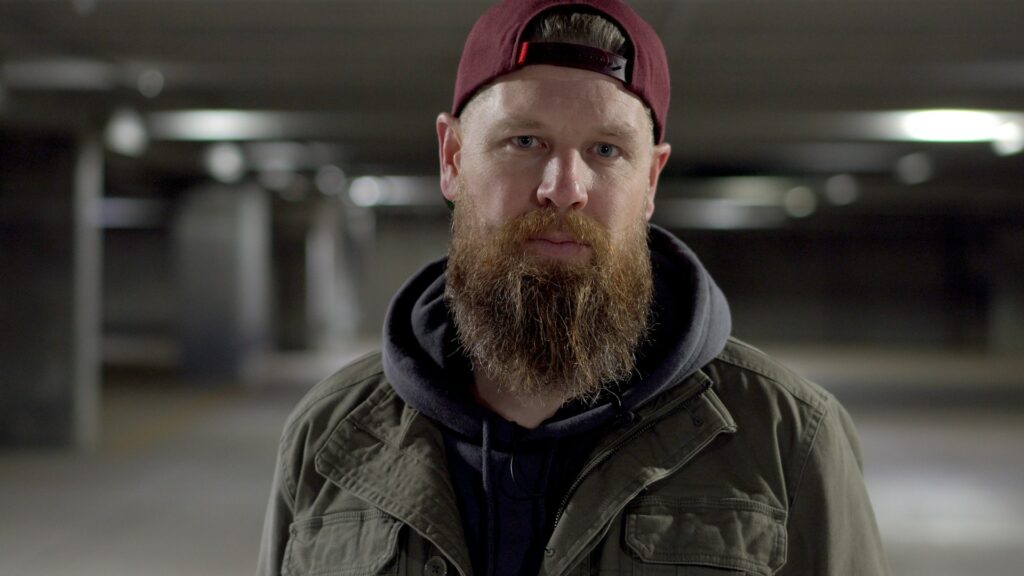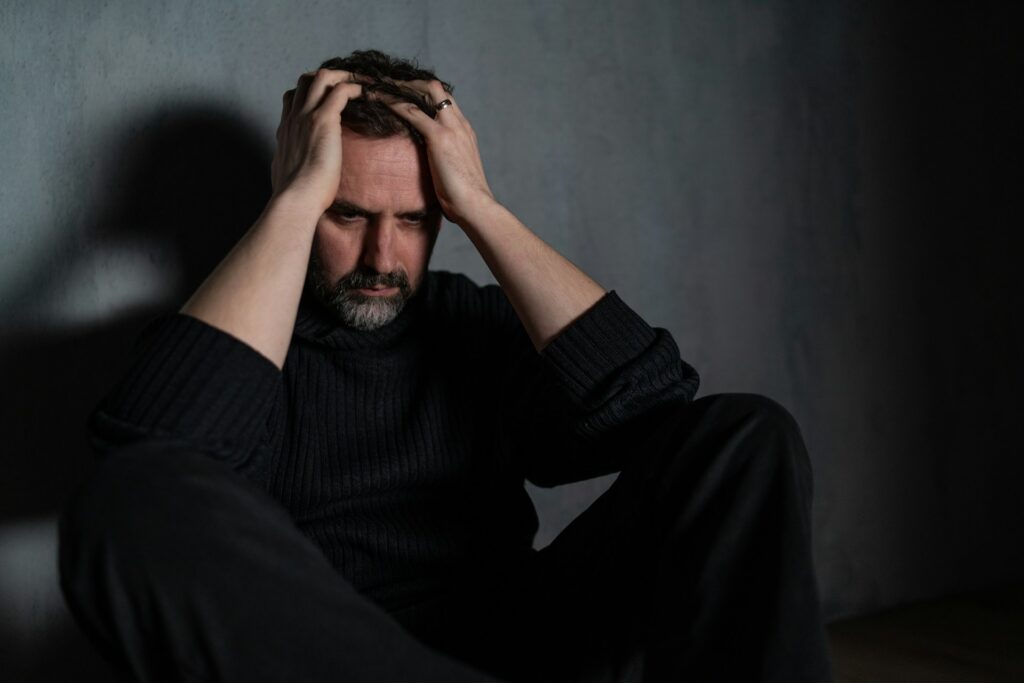When your mental health starts slipping, it doesn’t always happen in one big moment.

It’s usually a slow and silent process that sneaks up on you when you last expect it. You wake up one day and realise you haven’t laughed in weeks. You’re tired all the time. The world feels heavier than it used to. If you’re in that space—if things are getting harder instead of better—please don’t turn away from yourself. Here’s what might be worth remembering right now.
1. You haven’t failed just because you’re struggling again.

It’s easy to feel like backsliding means you’ve messed up or wasted progress, but mental health isn’t linear. You can be doing everything “right” and still have bad days, bad weeks, bad months. This isn’t evidence that you’re broken. It’s a sign that your system is tired, not that you’re back at square one. Progress includes dips. What matters is that you’re still here—still aware, still trying.
2. You don’t need a big reason for why you feel like this.

You might be tempted to search for a cause, to justify how low you feel, but sometimes there is no clean explanation. Sometimes your brain and body are just overwhelmed, even if your life looks “fine” on paper. Your pain is valid, even without a headline. You don’t need proof or permission to feel what you’re feeling, and you definitely don’t need to minimise it just because other people “have it worse.”
3. The coping tools you used before aren’t failing—you might just need new ones.

What helped last time might not help now. That doesn’t mean it’s useless. It just means you’re in a new phase, and your needs have changed. You’re not abandoning what worked. It’s about expanding your toolkit. Adding new support. Trying things gently, without pressure for instant results. Healing evolves, just like you do.
4. Isolation feeds the spiral more than you realise.

When things get heavy, the instinct is often to withdraw—to go quiet, cancel plans, not reply. However, isolation makes the low moments louder. It tricks you into thinking no one cares, even if that’s not true. You don’t have to become wildly social. But one small connection—a message, a voice note, a five-minute walk with someone—can change the internal climate more than you expect.
5. You’re not dramatic. You’re not weak. You’re not making this up.

That voice in your head that says, “You’re just being sensitive” or “You should be able to handle this,” that’s not the truth. That’s the illness talking, and it lies convincingly. If your body was in pain, you wouldn’t ignore it. Your mind deserves the same care. Needing help or feeling overwhelmed doesn’t mean you’re fragile—it means you’re human.
6. Your routines don’t have to be perfect—they just have to be gentle.

Getting out of bed, showering, eating, replying to texts—it all feels like too much when you’re in a low. But perfection isn’t the goal. Consistency isn’t the goal. Gentle maintenance is. If all you can do is drink some water and sit in the sunlight for five minutes, that counts. Build from there. Tiny habits still send the message: “I’m still looking after myself, even in this.”
7. Rest and numbness aren’t the same thing.

Scrolling for hours or bingeing TV might take the edge off, but if it leaves you feeling worse afterward, that’s not real rest. Real rest brings even a small sense of ease or repair. When your mental health dips, rest has to be active. That might mean lying down without screens, taking a warm shower, or listening to calming music. You deserve recovery, not just distraction.
8. You can still ask for help, even if you don’t know what you need.

You don’t need a clear request. You don’t need to have the words. You can just say, “I don’t feel okay, but I don’t know why.” That alone can open the door to support. People who care don’t need a script from you—they need your honesty. Let them meet you where you are, even if all you can do is whisper, “Please don’t leave me alone with this.”
9. You’re allowed to lower your expectations of yourself.

You don’t have to meet the same standards you had during better times. Your energy, motivation, and focus aren’t the same, and that’s not laziness. That’s a response to emotional strain. Lower the bar without shame. Doing less, moving slower, pausing more often—that’s not quitting. That’s adjusting, and it’s allowed.
10. Not everything that hurts needs to be fixed right now.

When you feel low, the impulse to “fix it fast” can become overwhelming. But not every emotion is a problem to solve. Sometimes it’s just something to witness, move through, and survive. You can be in a tough season without knowing how long it’ll last. That doesn’t mean you’re stuck forever. It just means you’re here, holding on, and that’s more than enough for today.
11. You haven’t lost all your progress—your capacity is just lower right now.

When depression or anxiety return, it’s easy to feel like everything you’ve worked on has crumbled, but it hasn’t. You’re just tired. Your tools are still there. Your growth is still real. This is a dip, not a reset. The foundation you built is holding, even if you can’t feel it yet.
12. Small wins matter more than ever right now.

You brushed your teeth today. You made food instead of skipping it. You texted a friend back. These things feel tiny, but in a low place, they’re huge. Celebrate them. Name them. They’re proof that you’re still moving, still choosing yourself in small ways, even when everything feels heavy.
13. You’re not the only one who’s felt this way (even if it feels like it).

Your mind will tell you that you’re the only one who can’t cope. That you’re different, broken, or unloveable in this state. However, so many people have been exactly where you are—and made it through. You might not see it on the surface, but you are not alone in this feeling. That means there’s nothing shameful about it. Just deeply human.
14. You are still worthy of love, care, and softness, especially now.

Mental illness often makes you feel unworthy. Like you’re too much, too low, too broken. However, if anything, this is when you need the most gentleness. The most patience. The most softness from yourself and other people. You don’t need to “get better” to deserve love. You deserve it now, in the middle of the mess, exactly as you are.


